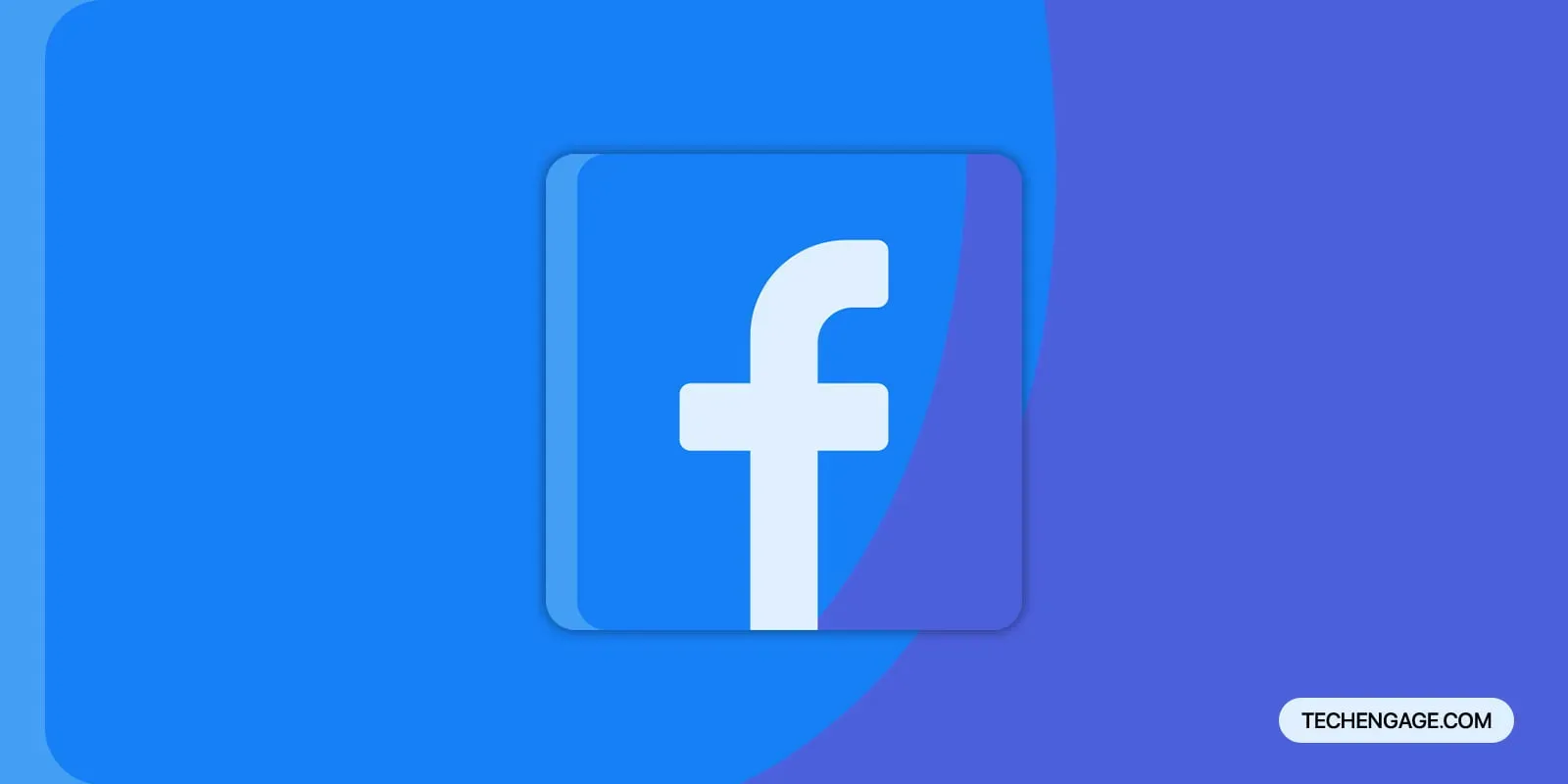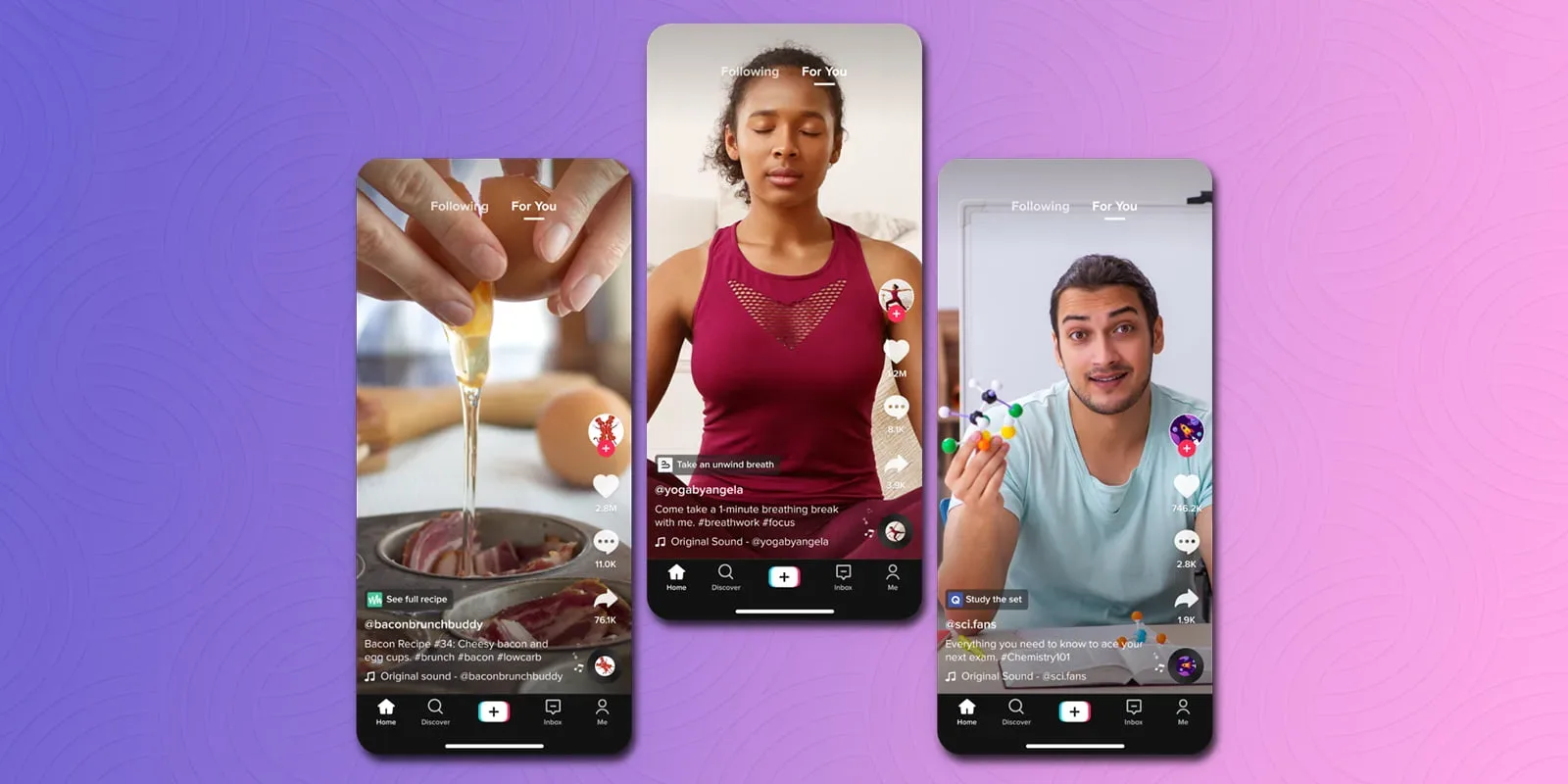Facebook wrote in a Newsroom post today that it has decided to ban four more military groups from Myanmar from their platform. The organizations include the Arakan Army (AA), the Myanmar National Democratic Alliance Army (MNDAA), the Kachin Independence Army (KIO), and the Ta’ang National Liberation Army (TNLA). These militia groups have existed since Myanmar was under military control, before the 2015 elections.
Facebook wrote:
“Today, we are taking more action, designating four more groups in Myanmar as dangerous organizations – the Arakan Army, the Myanmar National Democratic Alliance Army, Kachin Independence Army and the Ta’ang National Liberation Army. These armed groups are now banned from Facebook and all related praise, support, and representation will be removed as soon as we become aware of it.”
While Facebook said that it was limited in its understanding of the complicated political situation in Myanmar, it was trying its best to minimize the damage. According to Amnesty International, the conflict displaced nearly 100,000 people in northern Myanmar and has left as many as 43,000 Rinhinga Muslims missing and presumed dead. These four groups have been identified as the perpetrators of many of the atrocities.
As a security measure, Facebook has added stricter rules specifically for Myanmar. The social network has introduced new security features and announced plans to increase its team of Burmese language content translators to 100 people.
Facebook deleted about 52% of the content it had identified as hate speech from Myanmar in the second quarter of 2018. This was possible due to improvements in new hate speech detection algorithms and Facebook’s hiring of people who were familiar with the Burmese language. It also removed the commander-in-chief of the armed forces and military-owned TV network Myawady from the social media network.
Facebook further clarified what it considers violence in its statement, including terrorist activity, organized hate, mass or serial murder, human trafficking, organized violence or criminal activity.
Facebook was criticized after CEO Mark Zuckerberg pointed out that it was using AI to remove hate speech that originated from Myanmar. This was partly due to concerns that the AI algorithm was merely identifying specific keywords rather than considering the context of posts.
While the company changed its handling of posts about the political situation in Myanmar, the process was still painstakingly slow as the locals had to first report the content before it was taken down. This process often took days to complete.
Myanmar did not have open access to the Internet before the 2015 elections. Once it did, practically everyone with access flocked to Facebook – about 40% of the entire nation. When the Burmese military joined for the sole purpose of inciting violence and using it as a tool to encourage discrimination against the Rohingya Muslim population, Facebook did not know how to deal with the issue. At that moment we saw the real power (and responsibility) of social media.





Share Your Thoughts